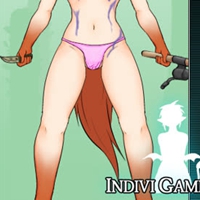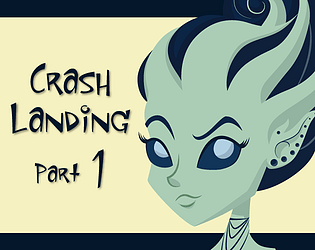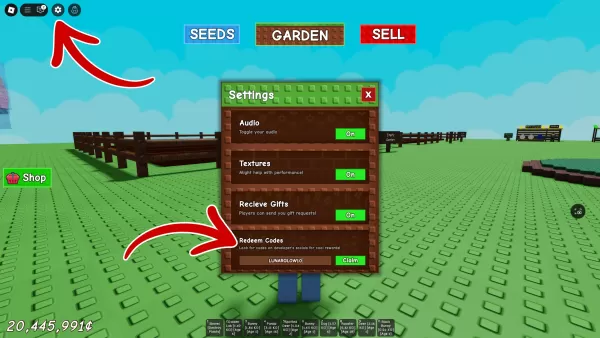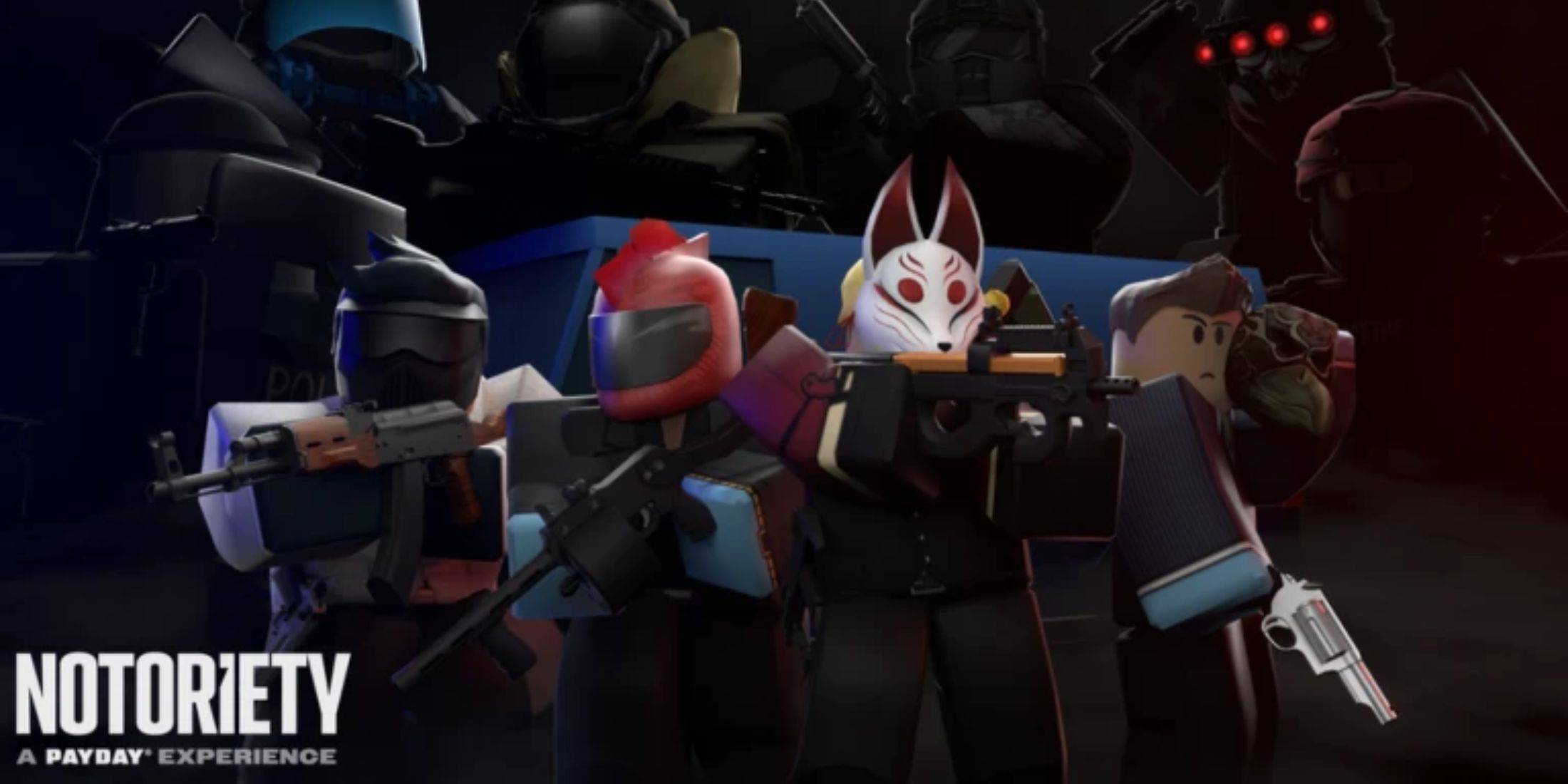Nintendo Lawyer Lifts the Lid on Approach to Piracy and Emulation
Nintendo's aggressive stance against emulation is well-documented. Recent examples include the $2.4 million settlement with Yuzu emulator developers in March 2024, the October 2024 cessation of Ryujinx development following Nintendo's intervention, and the legal advice discouraging a full Steam release for the Dolphin emulator in 2023 due to Nintendo's pressure. The 2023 case against Gary Bowser, who resold devices circumventing Nintendo Switch anti-piracy measures, resulted in a $14.5 million judgment.
A Nintendo patent attorney, Koji Nishiura, recently shed light on the company's strategy at Tokyo eSports Festa 2025. While emulators aren't inherently illegal, Nishiura clarified that their use can become illegal depending on functionality. Emulators that copy game programs or disable console security measures may infringe on copyright, particularly under Japan's Unfair Competition Prevention Act (UCPA). This act, however, limits Nintendo's legal reach outside Japan.
The presentation cited the Nintendo DS "R4" card as an example. This device allowed users to bypass security and play pirated games. Following legal action by Nintendo and other software manufacturers, the R4 was effectively outlawed in Japan in 2009. Nishiura also highlighted "reach apps," third-party tools (like the 3DS Freeshop or Switch's Tinfoil) that facilitate pirated software downloads, as potential copyright violations.
Nintendo's lawsuit against Yuzu cited one million pirated copies of The Legend of Zelda: Tears of the Kingdom, alleging that Yuzu's Patreon generated $30,000 monthly through features like early access and exclusive content for pirated games.
-
Adapted from a popular Webtoon, Hardcore Leveling Warrior is an upcoming action RPG.Global pre-registration is now live ahead of its launch on iOS and Android devices.Dive into idle RPG mechanics, competitive PvP, and more exciting features!Another dAuthor : Patrick Feb 18,2026
-
Following the success of Pocket Zone, Go Dreams returns with its sequel. Currently in early alpha testing for Android, Pocket Zone 2 is developed by two indie creators behind the Pocket Survivor series. Pocket Zone 2 Expands into Survival RPG TerrAuthor : Hannah Feb 18,2026
-
 Lust Doll Plus (r66.1)Download
Lust Doll Plus (r66.1)Download -
 Southern PokerDownload
Southern PokerDownload -
 Fruit Summer Slots MachineDownload
Fruit Summer Slots MachineDownload -
 Tarot Offline - Card GameDownload
Tarot Offline - Card GameDownload -
 Virtuelles Casino - Craps Spiel OnlineDownload
Virtuelles Casino - Craps Spiel OnlineDownload -
 BrazilyaDownload
BrazilyaDownload -
 Battle Angel Moe moe arena-Download
Battle Angel Moe moe arena-Download -
 Sandy BayDownload
Sandy BayDownload -
 Spell CastersDownload
Spell CastersDownload -
 Brain Puzzle - IQ Test GamesDownload
Brain Puzzle - IQ Test GamesDownload
- Black Ops 6 Zombies: How To Configure The Summoning Circle Rings on Citadelle Des Morts
- Roblox: Latest DOORS Codes Released!
- Harvest Moon: Lost Valley DLC and Preorder Details Revealed
- Silent Hill 2 Remake Coming to Xbox and Switch in 2025
- Roblox: Blox Fruits Codes (January 2025)
- Roblox: Freeze for UGC Codes (January 2025)








![Taffy Tales [v1.07.3a]](https://imgs.ehr99.com/uploads/32/1719554710667e529623764.jpg)




